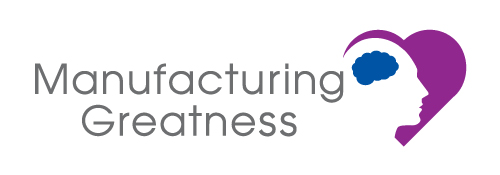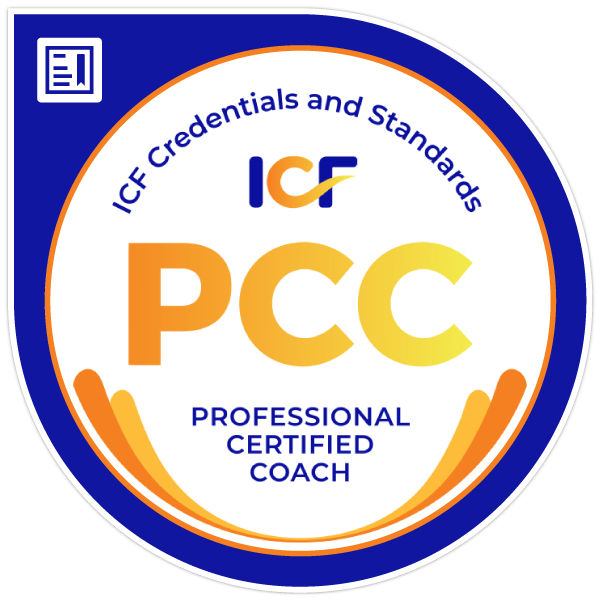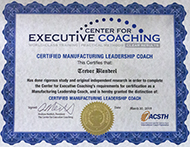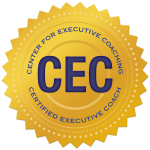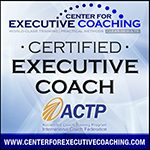


Executive Coaching
No longer is coaching looked at to solely bring up underperforming executives. The benefits can be recognized not only in the workplace, but it can also shift the world around you in a positive way.
Who can benefit from coaching?
- Up and coming high performers
- Leaders facing a significant challenge or change
- Self-aware individuals, ready to go from good to great in professional success and personal growth
What does coaching really do? It helps people
- Find their own resilience and capacity, even when they can’t change the external landscape
- Opens space for behavioral change to use the toolkit inside of them
- In a deliberate way to get unstuck and show up as one’s best self
How Coaching Works: The Three Step Process
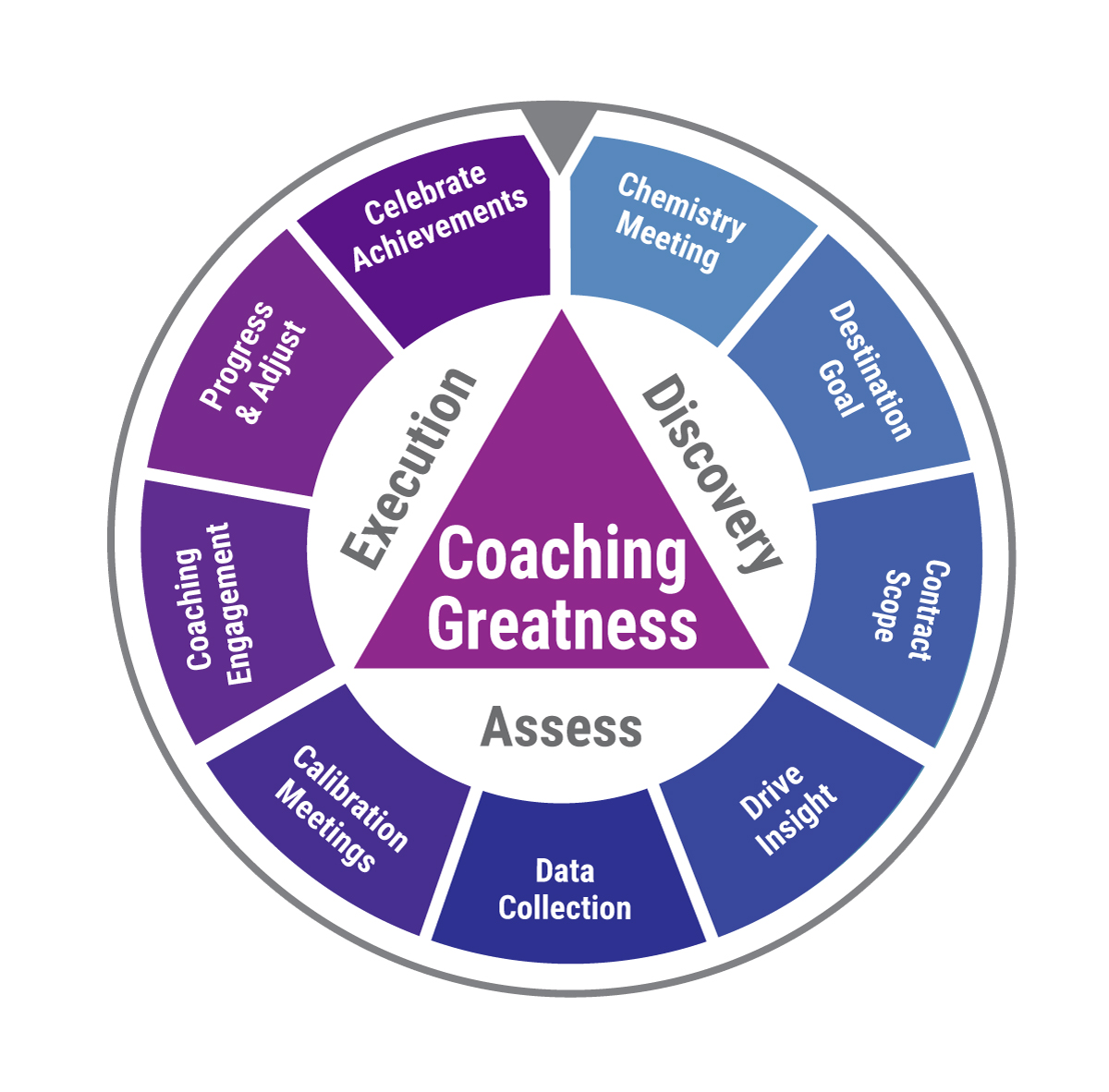

• Discovery
• Assess
• Execution
Step One: Discovery
- You have a “chemistry meeting” with your coach to ensure a good fit. By fostering conversations about what you’re looking to get out of your coaching experience, we establish a clear plan with measurables for productive outcomes.
- Fit around client and trust/relationship building
-understand the need, know where you are at, where you want to go (goal) destination goal. - Contract with scope and boundaries, that will accelerate closing the gap
Step Two: Assess
- Together, we drive insight from the discovery phase to refine and revisit your goals and ensure coaching targets outcomes of maximum value.
This is where we are co-creating a relationship, going deeper into sharing personal experiences, grounded in the coaching ethics per the International Coaching Federation(ICF).. - Data collection traditionally comes from a survey like the 360 Emotionally Intelligence Leadership Feedback report, interviewing co-workers, an Emotional Culture index, workplace observations or some combination of these options.
With synthesized key insights and prioritized goals, we create a tailored roadmap and initial actions in a clear plan to create productive outcomes! - This is the first of 3 calibration meetings. The coachee, coach and sponsor(leader or boss of coachee) of the program meet at the beginning, middle and end of the coaching engagement. This allows the sponsor and coach to be aligned in supporting the coachee, while maintaining confidentiality.
Step Three: Execution
- Your coaching engagement will include 3 to 12 months of meetings on an average bi-weekly basis for 60 minutes.
- Using appreciative and active inquiry, we will track progress and adjust as needed.
By pivoting directions and working to support your success, empowering you, and helping you feel less stressed and more confident and effective! This may apply to your personal and work life. - Celebrate achievements and follow up. Reflect on the progress, with a plan in place after the coaching engagement to ensure continued success.
To learn more about our coaching process, read more here on the coach approach, and get further insights on executive coaching.
Even top athletes who win gold medals at the Olympics have coaches to keep them at the top of their game. Who ensures your leaders are going for the gold?
As a Professional Certified Coach we can support you in your success with an outside objective. See what Elizabeth had to say below and other empowered clients getting results. Let’s Chat!


Working with Trevor has taken me from survival mode and running around with my hair on fire, to embracing the day and taking control of it. He encouraged, motivated, and challenged me to be the best version of myself. Providing the tools to help me understand how to crush my goals, this drove my confidence and encouraged my team to do the same, which really brought us together!
Elizabeth Hartsell, Accounting Supervisor - Martinrea International
